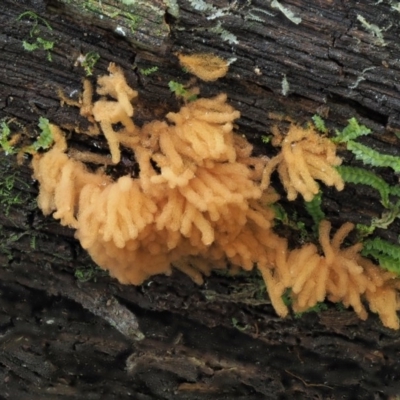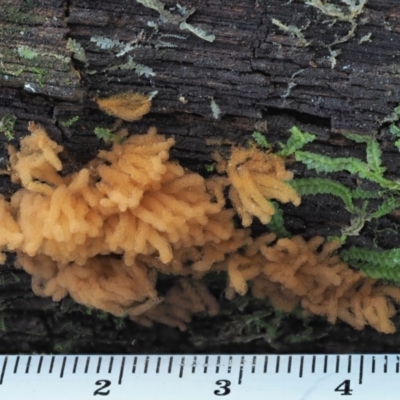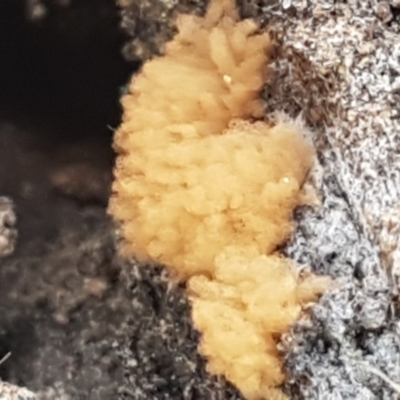Slime Mould (Myxomycetes) species
Moderators
The following moderators provide local knowledge and expertise for Slime Moulds (Myxomycetes):
Overview
Slime moulds are a diverse group of organsims that are neither plants, animals nor fungi. They spend most of their life as microscopic single-celled amoeboid individuals in leaf litter, soil or decaying wood, and when conditions are right they reproduce and form a larger, spreading structure called a plasmodium, which in turn produces fruiting bodies (Secretive Slime Moulds: Myxomycetes of Australia By Steven L. Stephenson).
- Examples of the plasmodium stage can be viewed here: Myxomycete plasmodium
- Examples of the past plasmodial stage (including fruiting bodies) can be viewed here: Myxomycete - past plasmodial stage
For beginners, here is a “A Key to Common Genera of Slime Moulds” written and illustrated by Peta McDonald, a Melbourne primary school teacher: https://upload.wikimedia.org/wikipedia/commons/f/f6/A_Key_to_Common_Genera_of_Slime_Moulds.pdf
A more technical key can be found in “Taxonomic Keys and Plates from The Myxomycetes”, a book by George W. Martin and Constantine J. Alexopoulos: https://www.myxotropic.org/wp-content/uploads/2021/04/MyxoKeys.pdf
For a photo gallery of slime moulds from around the world check out this one on a Spanish myxomycetes website: https://www.myxotropic.org/galeria/
Further information:





































